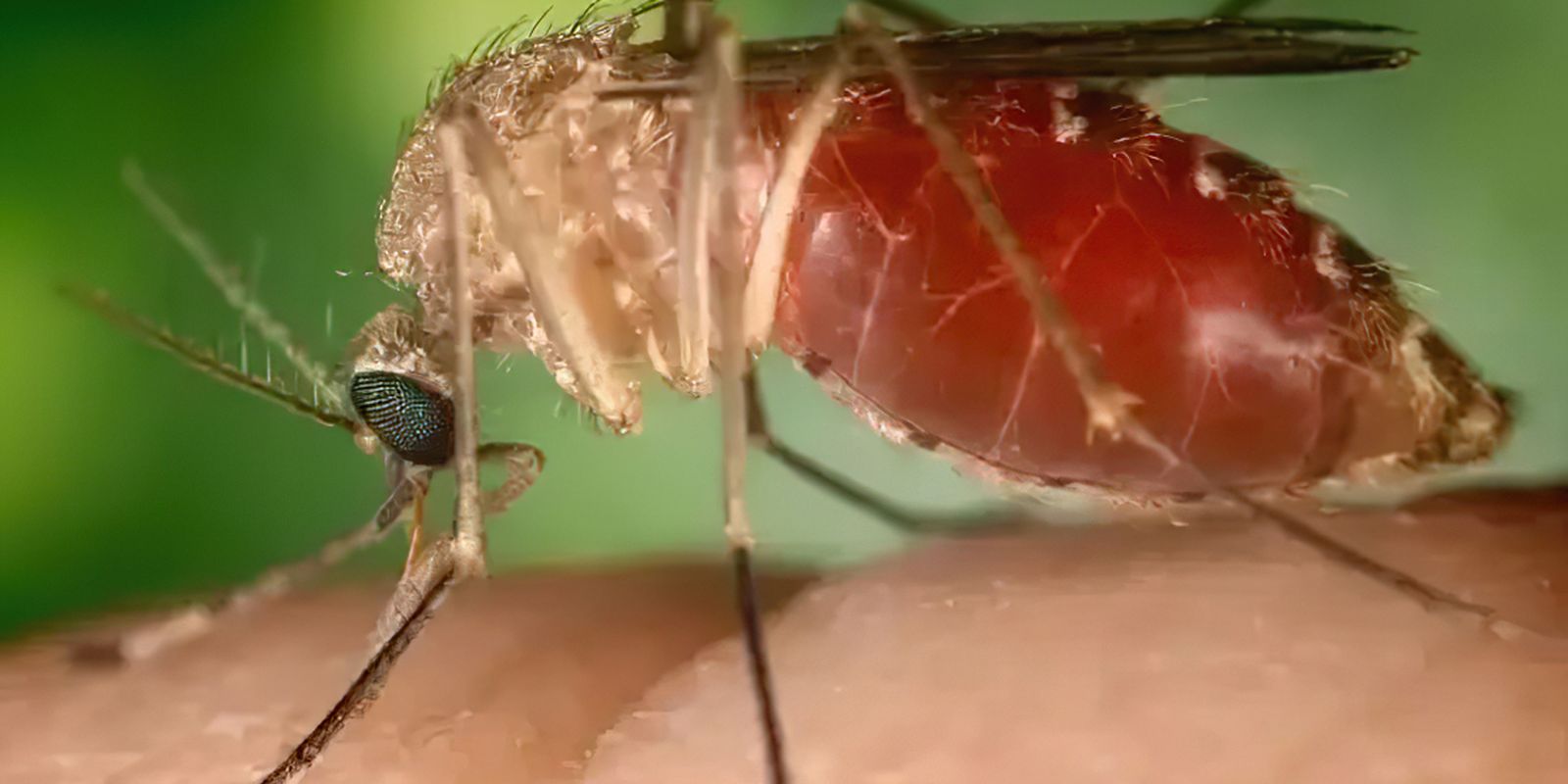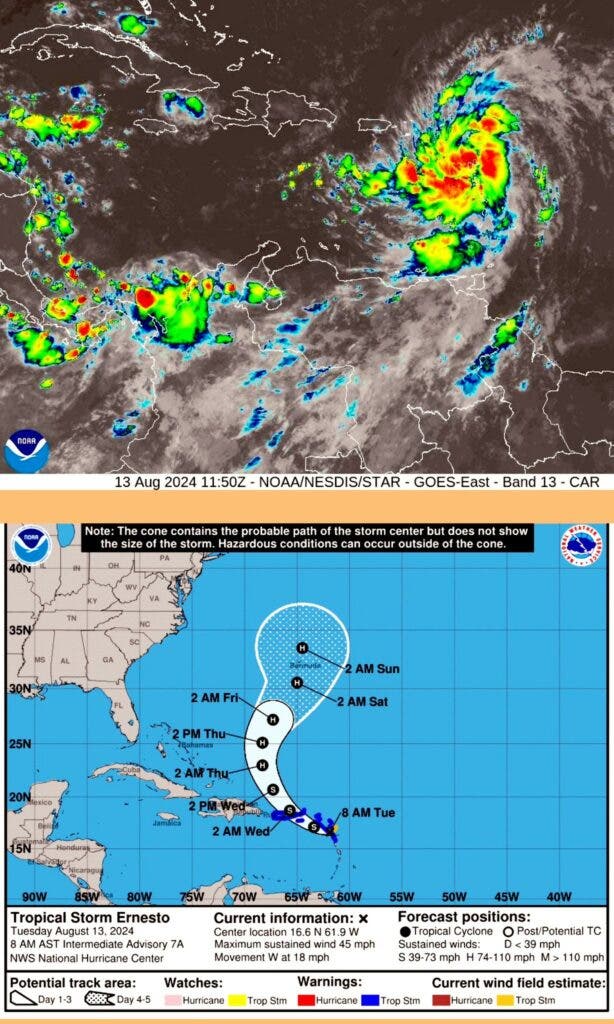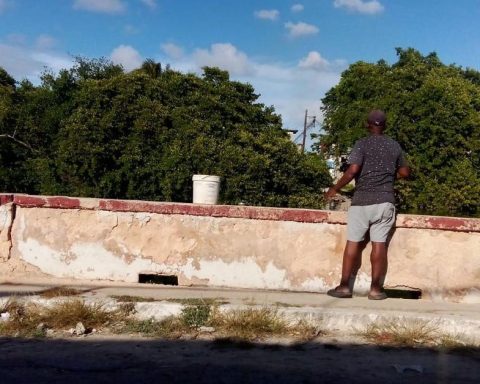The Ministry of Health is investigating at least eight cases of vertical transmission of Oropouche fever. In these cases, the infection is passed from mother to baby, during pregnancy or even at birth.
The cases under investigation were registered in Pernambuco, Bahia and Acre. According to the ministry, half of the babies were born with congenital anomalies, such as microcephaly, while the other half died.
Ceara
On Monday (12), the Ceará Health Department reported that it is investigating a fetal death that may be associated with Oropouche fever infection. The state Health Secretary, Tânia Coelho, said that the death was recorded last weekend.
According to the secretary, the pregnant woman is 40 years old and lives in Baturité, but was treated in the municipality of Capistrano. Tânia Coelho explained that 60% of infectious diseases recorded in humans are caused by animals, including mosquitoes, and highlighted the importance of an action plan.
Acre
On Thursday (8), the ministry registered, in Acre, a case of a baby born with congenital anomalies associated with vertical transmission of Oropouche fever. In a note, the ministry reported that the newborn died the previous week, at 47 days old.
The child’s mother, aged 33, had developed a rash and fever in the second month of pregnancy. Laboratory tests carried out after delivery showed a positive result for the Oropouche virus.
“Tests carried out in the laboratories of the Evandro Chagas Institute, in Belém, indicated the existence of genetic material of the virus in different tissues of the baby, who was born with microcephaly, malformation of the joints and other congenital anomalies. The analysis also ruled out other diagnostic hypotheses,” the ministry said in the statement.
The direct correlation between vertical contamination by Oropouche fever and the anomalies, according to the ministry, still requires “further investigation”, which is being monitored by the federal government and the Acre Health Department.
The disease
Oropouche fever is a disease transmitted by Culicoides paraensis, known as the sandfly or sandfly. Because of the mosquito’s predilection for organic materials, the recommendation is that the population keep their yards clean, avoiding the accumulation of leaves and household organic waste, and wear long clothes and closed shoes in places with a lot of insects.
Numbers
Ministry data indicate that, as of August 6, 7,497 cases of Oropouche fever had been recorded in 23 states. Most were identified in Amazonas and Rondônia. To date, two deaths have been confirmed in Bahia and one death in Santa Catarina is under investigation.
















